
A fertility clinic in Ireland has been using AI software to select embryos for implantation and the system has reportedly proved so efficient relative to traditional methods that the clinic has started offering “payment by results”.
Traditionally, an embryologist examines multiple embryos under a microscope and decides which is the best to implant. The AIVF tool analyses all the embryos in minute detail and can pick up tiny flaws that are undetectable to the human eye.
Dr David Walsh, founder of First IVF, which runs fertility clinics in Dublin and Kildare, claims the proportion of successful pregnancies per cycle had increased from 31 per cent to 50 per cent since he started using the AIVF system last year. This is not independently verified.
Walsh recently introduced a scheme under which patients pay only half of the cost of the treatment upfront, with the rest withheld until they become pregnant.
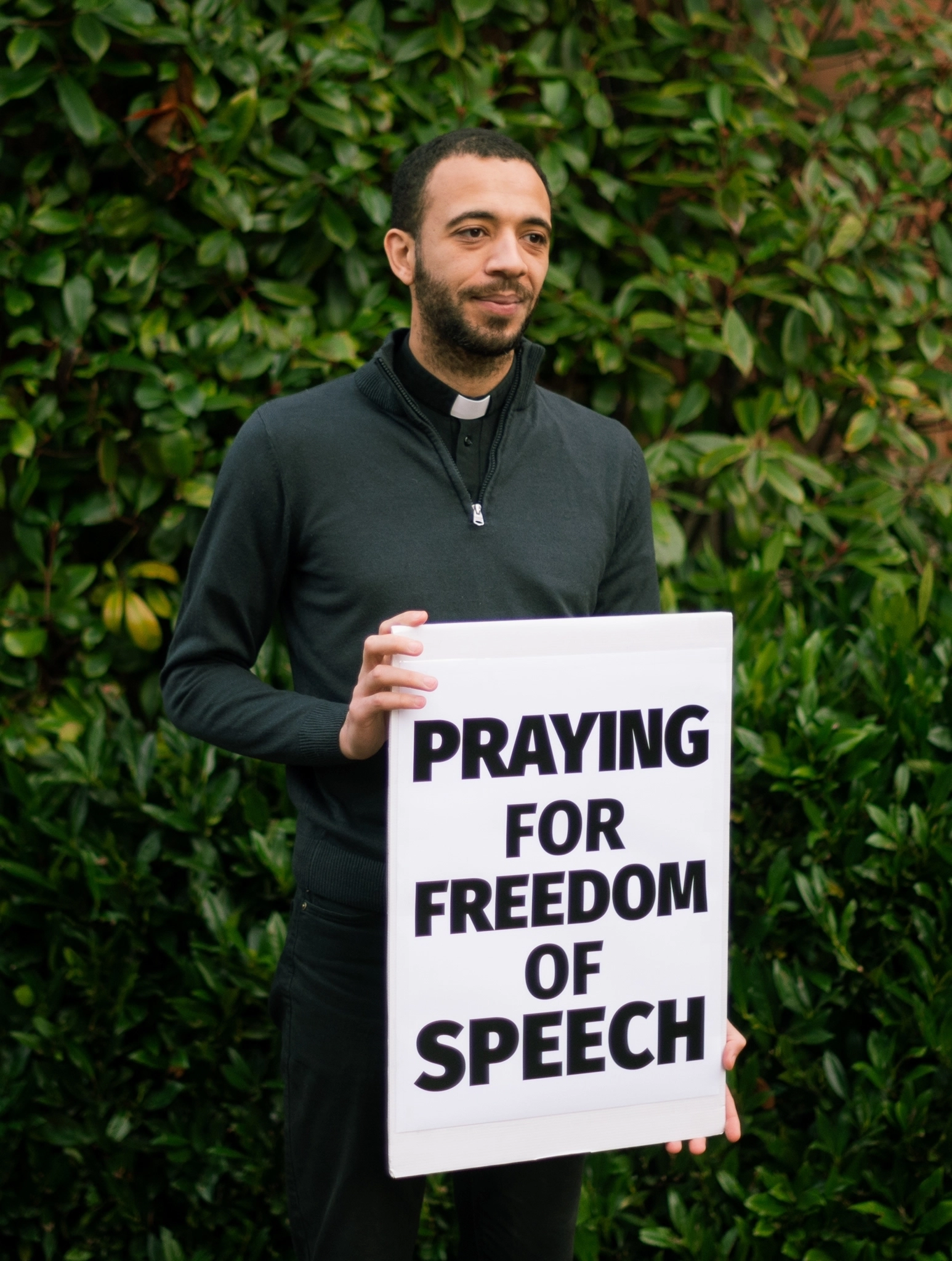
In what has been hailed as a victory for free speech and pro-life activism, Britain’s Home Secretary Suella Braverman has announced that silent prayer near abortion providers is not a crime.
Ms Braverman has written to every police force in the UK to say that “silent prayer, within itself, is not unlawful”.
In the past 12 months, at least 3 people in Britain were arrested for what critics described as “thought crimes” – praying silently at facilities where abortions were performed.
The Home Secretary also reminded police that “holding lawful opinions, even if those opinions may offend others, is not a criminal offence”.
Isabel Vaughan-Spruce – the pro-life advocate whose arrest for “praying in my head” went viral, racking up millions of views worldwide – welcomed the intervention by Ms Braverman.
She told the Catholic Herald: “It is not for the Government to determine my beliefs on abortion, my beliefs that women deserve better support, nor police the faith that I hold in my own mind.
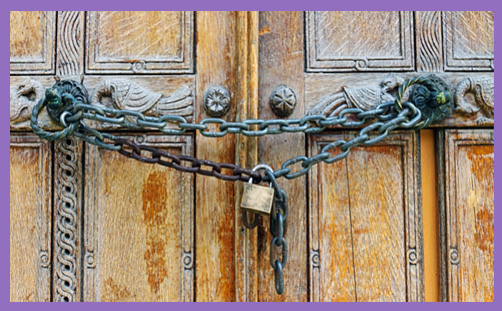
Catholics attending Mass at least once a week in Italy have decreased by almost half in two decades, dropping from 36.4% to 18.8% between 2001 and 2022, with a notable acceleration of the trend from 2020 onward, according to the latest figures of the Italian National Institute of Statistics (Istat).
The Europe Correspondent for the National Catholic Register, Solène Tadié, says the data shows that the closure of churches during the COVID-19 health crisis drove away a number of worshippers who did not return after the restrictions were lifted.
She notes that in 2022, 31% of the population claimed not to have entered a church at all except to celebrate a wedding, baptism or funeral — compared with 16% in 2001, figures she calls “unprecedented in Italy’s history”.
In a general context which was already very unfavourable to the faith, “the various lockdowns and other restrictions put in place between March 2020 and May 2022 as part of the health and political crisis triggered by COVID-19, “completed the haemorrhage”, she says.
“Indeed, churches remained closed for many months in 2020, depriving the faithful of access to the sacraments, and often of contact with their priests, leading many to feel abandoned in the face of the prospect of illness and in some cases death”.
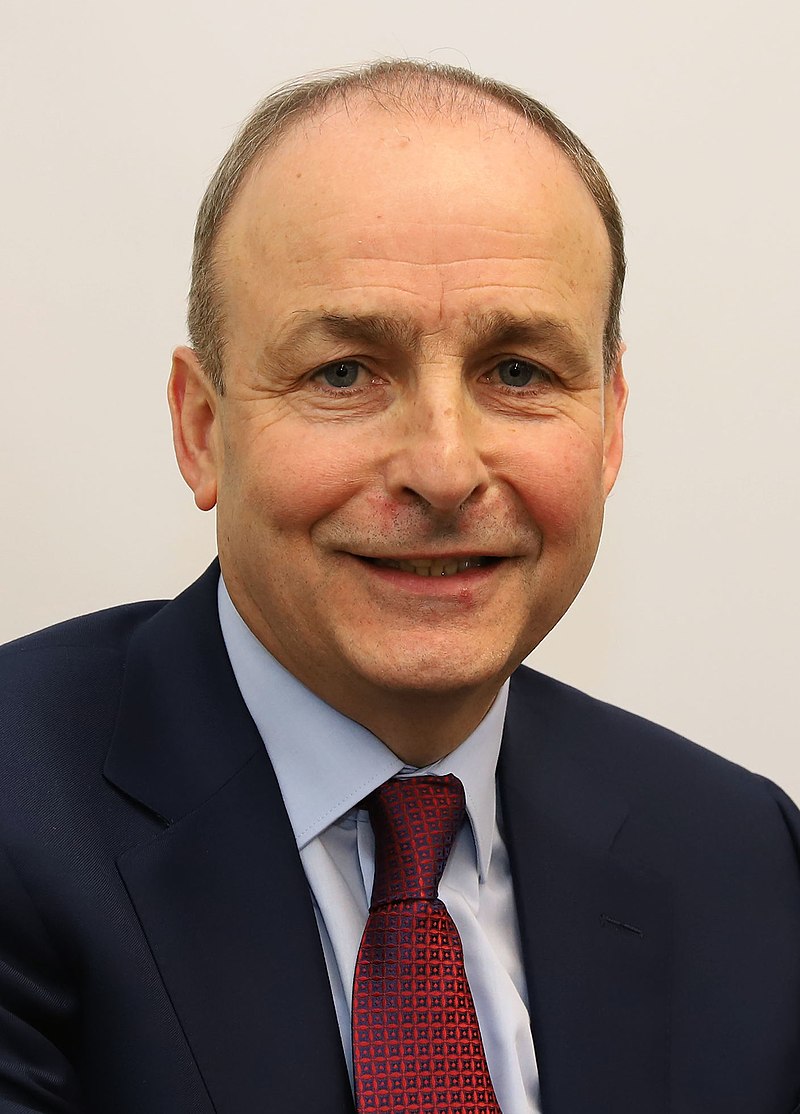
Israel has an obligation to tackle the harassment of the Christian minority in Jerusalem, Tánaiste Micheál Martin has warned Israeli prime minister Benjamin Netanyahu.
Mr Martin also called on the Palestinian Authority to ensure that the rights of Christians are protected in the West Bank.
The Minister for Foreign Affairs called on Mr Netanyahu to “preserve the status quo of the holy sites” in Jerusalem, which include sites sacred to Christians, Jews and Muslims, during a diplomatic visit to Jerusalem this week.
His comments come at a time of increased tensions in the Holy Land, with a spike of anti-Christian harassment in Jerusalem.
Christian residents and pilgrims have reported being verbally abused and spat on, with priests, religious and laity targeted, sometimes by Jewish extremists.
Earlier this year, the head of the Catholic Church in the Holy Land warned that “the frequency of these attacks, the aggressions, has become something new”.
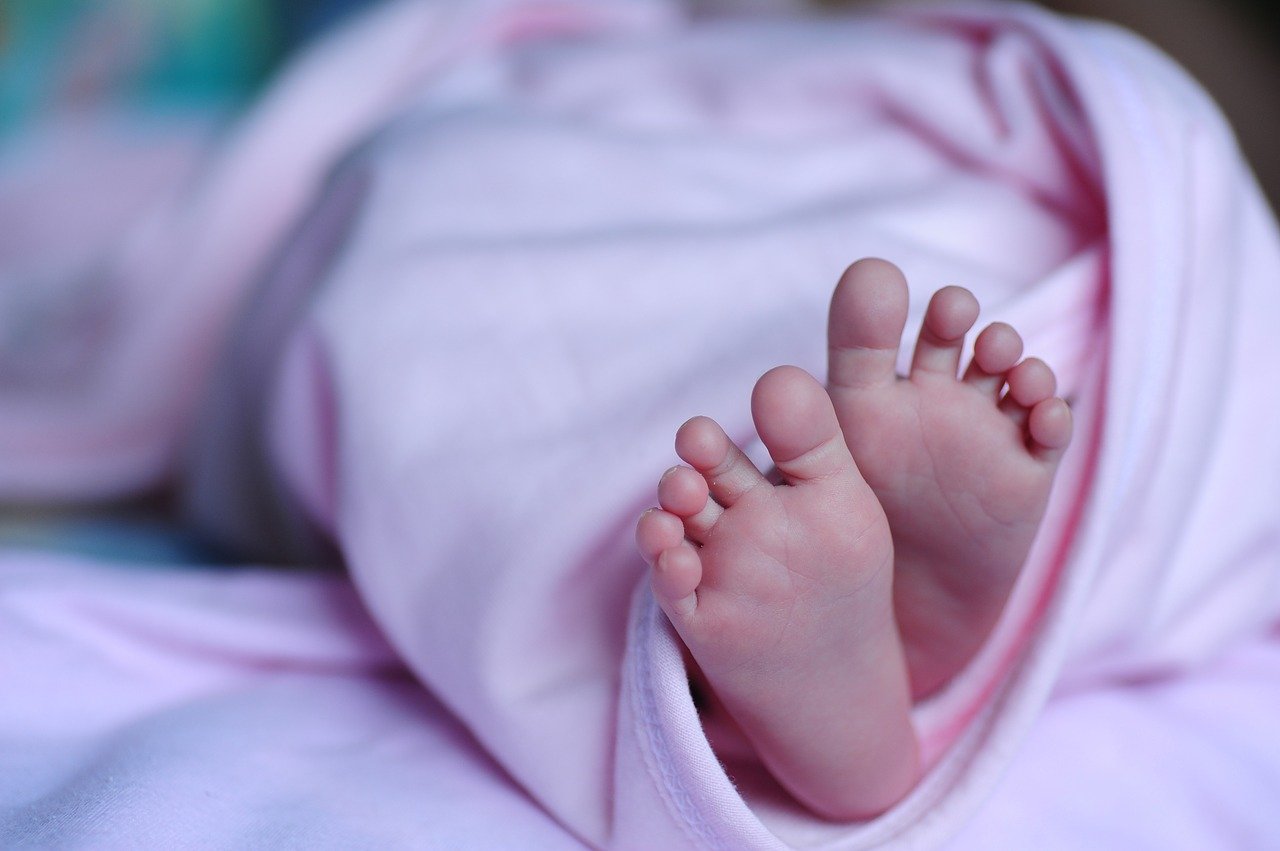
A lowering of support for marriage is likely to lead to a further lowering of the birthrate, according to a leading economist.
David Higgins was speaking as the Government announced it will plough ahead with referendums on family, gender and the protection of mothers in the home. This would involve removing the special standing of marriage in the Constitution.
Mr Higgins said, “if our society is now ambivalent towards marriage, it surely follows that we will have less of it. We are already seeing this in falling marriage rates. It must also surely follow that the birth rate will continue to notch lower”.
He noted that CSO Census data for 2022 show that 29pc of married households have three or more children, as opposed to 19pc of cohabiting households and 15% of single parents.
The result for society, he says, will be a stark choice: “The generation that follows ours will either face much higher taxes (a heavier burden on fewer working people), or the services provided to our (now older) generation will shrink.
“A referendum which weakens the standing of marriage in the constitution may be a symbolic marker of this coming economic challenge”.
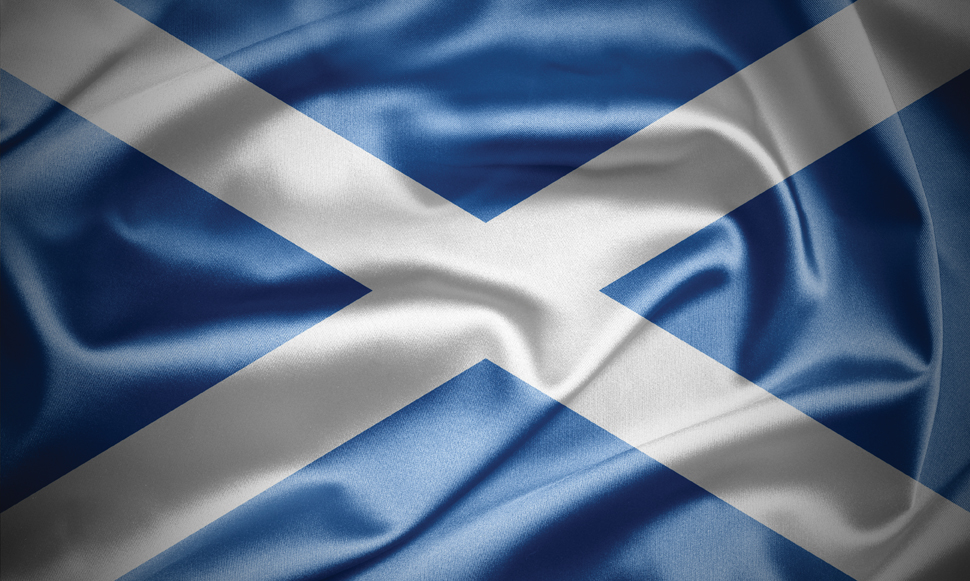
Both the First Minister and Health secretary of Scotland have expressed their opposition to the legalisation of assisted suicide in Scotland.
Earlier this week, the First Minister, Humza Yousaf, said he was increasingly against the idea saying: “I feel even less persuaded after a recent discussion with the Glasgow Disability Alliance.
“They were incredibly strong in their opposition to assisted dying, given that they felt that they would be the ones, as they described it, that would be the thin end of the wedge when it came to assisted dying.”
Asked on Wednesday whether he supported the ‘assisted dying’ legislation, Health Secretary, Michael Matheson said: “No, I don’t. I’ve opposed it previously.
“It’s an issue which I’ve raised as a matter of personal conscience and it’s something which I continue to oppose.
“Because I don’t believe it’s society’s responsibility to make those decisions.”
He said such a law might put pressure on sick and disabled people to opt for ‘assisted dying’.
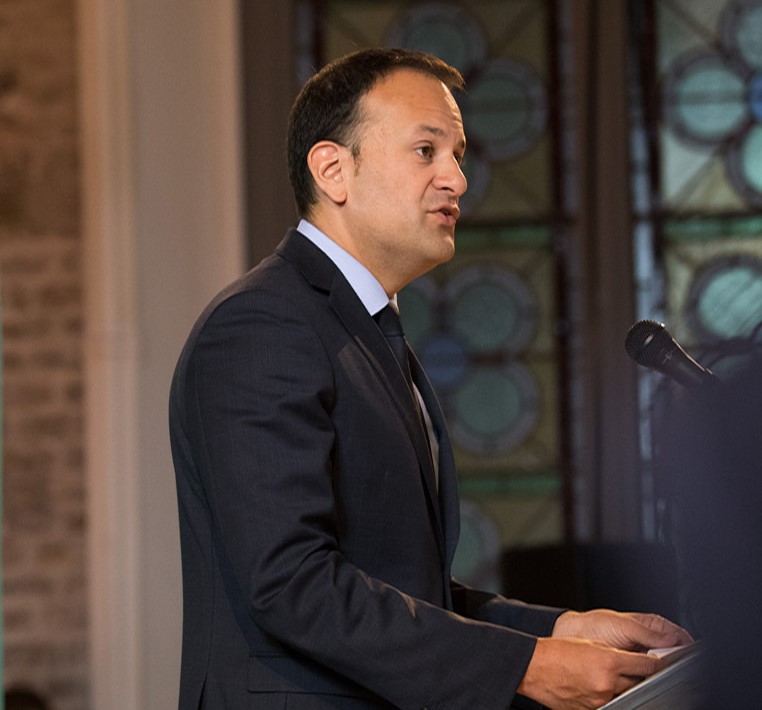
Two referendums will be held on ‘gender equality’, marriage, and the work of mothers in the home and they are still theoretically set for November, Taoiseach Leo Varadkar has confirmed. It remains to be seen how ‘gender’ will be defined.
However, the wording for the amendments has yet to be agreed and the date of a vote might be pushed into the new year.
The Government intends deleting the protection that mothers should not be forced to work outside the home–a constitutional provision that was never given legislative force–and replace it with new definitions of family, home and equality.
Mr Varadkar said: “The intention of the referendum is to delete the very sexist language that exists in our Constitution talking about the role of women in the home and their duties in the home. We will replace that with wording that values care, and the value of family care in particular, and then also wording that recognises that there are many different types of families in Ireland now.”
The Taoiseach added that the Government’s intention remained to hold the referendum at the end of November but he had to be cognisant of the newly formed Electoral Commission, which has said it needs three or four months to prepare properly for a referendum.

Moral and cultural factors are keeping birthrates in South Korea the lowest anywhere in the world as economic incentives have failed to boost births, according to a leading Korean demographer.
The Asian nation has spent more than $210 billion in the past decade to boost fertility, but birthrates have dropped to shocking new lows, well below one baby per woman.
Hungary likewise has gone all out to boost having children, although its fertility rate for gone from 1.2 in 2010, to 1.6 last year, indicating some progress is being made.
China also has tried going pro-natal recently, but it hasn’t worked so far, and it’s population is now shrinking.
In Korea, cash incentives are ineffective because larger societal issues such as intense competition for getting the best possible education and jobs haven’t been resolved.
Demographer Lee Sang-lim says the “younger generation fears perpetuating competition, and not having a child essentially lowers the risk of passing down unhappiness.”
“In East Asia, Civilizational Sadness is tied up with overwork, and it leads to suicide. Civilizational Sadness in Europe and the U.S. has a different flavor, inflected with climate fear. The result is that falling birthrates are self-reinforcing. Fewer babies makes us sadder, and being sad makes us not want to reproduce”.

The Mexican supreme court has struck down laws protecting unborn human life in every state of the federal republic.
The court said that laws penalising abortion “violate the human rights of women and people with the ability to gestate”. It decriminalised the procedure.
The decision will require the federal public health service and all federal health institutions to offer abortion to anyone who requests it with no gestational limit.
It comes after years of incremental legal moves by the court, which had decriminalised abortion on a state-by-state basis. Eleven of the country’s states, as well as the capital, Mexico City, already permit the procedure in certain circumstances.
Courts in the 20 states which still criminalise abortion will now have to abide by the supreme court’s decision, although campaigners say there will still fight to get the law changed in every state.

Christians in Israel need better protection from unjust attacks and systemic discrimination according to the country’s leading newspaper.
An editorial of the Jerusalem Post noted that a 3,000 strong pilgrim group were turned away by police from visiting the Church of the Transfiguration on August 18th.
Meanwhile, the Interior Ministry has ceased to grant work or clergy visas to Christian groups.
And this comes as attacks against Jerusalem’s Christian community, sometimes by extremist Jewish groups, have picked up, to the extent that the Israeli Tourism Ministry deemed it necessary to convene a forum on the topic.
The attacks range from verbal abuse to stone-throwing and vandalism, with one incident resulting in damage to 30 graves at a Protestant cemetery on Mount Zion.
The Post says both the attacks and the systemic approach to clamping down on the freedoms of Christians appear to stem from a fear of missionary activity.
They conclude that authorities “must find a way to clamp down on illegal missionary activity without discriminating against the wider Christian population, while simultaneously apprehending Jewish extremists who find it permissible to take matters into their own hands and ensuring that Christians and members of all faiths feel safe and protected in the Jewish state”.